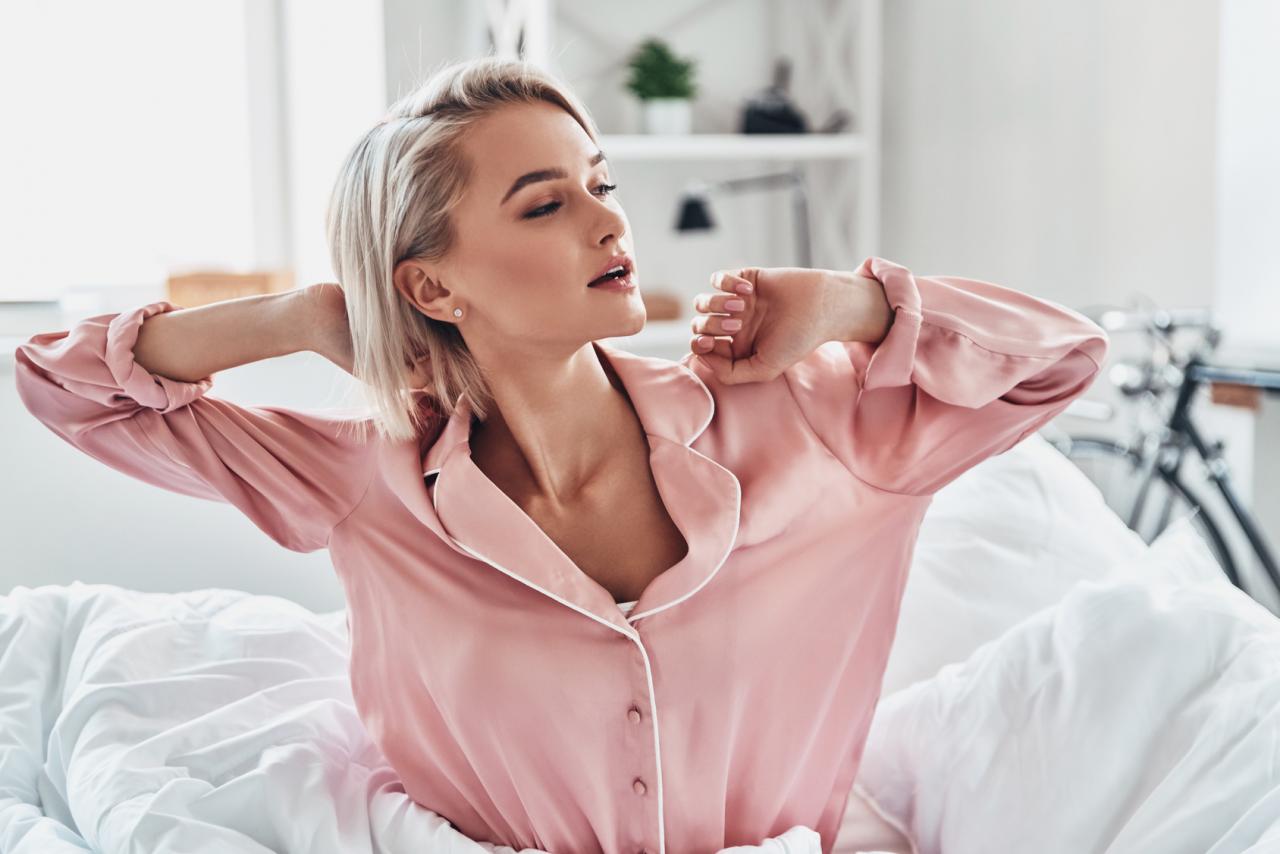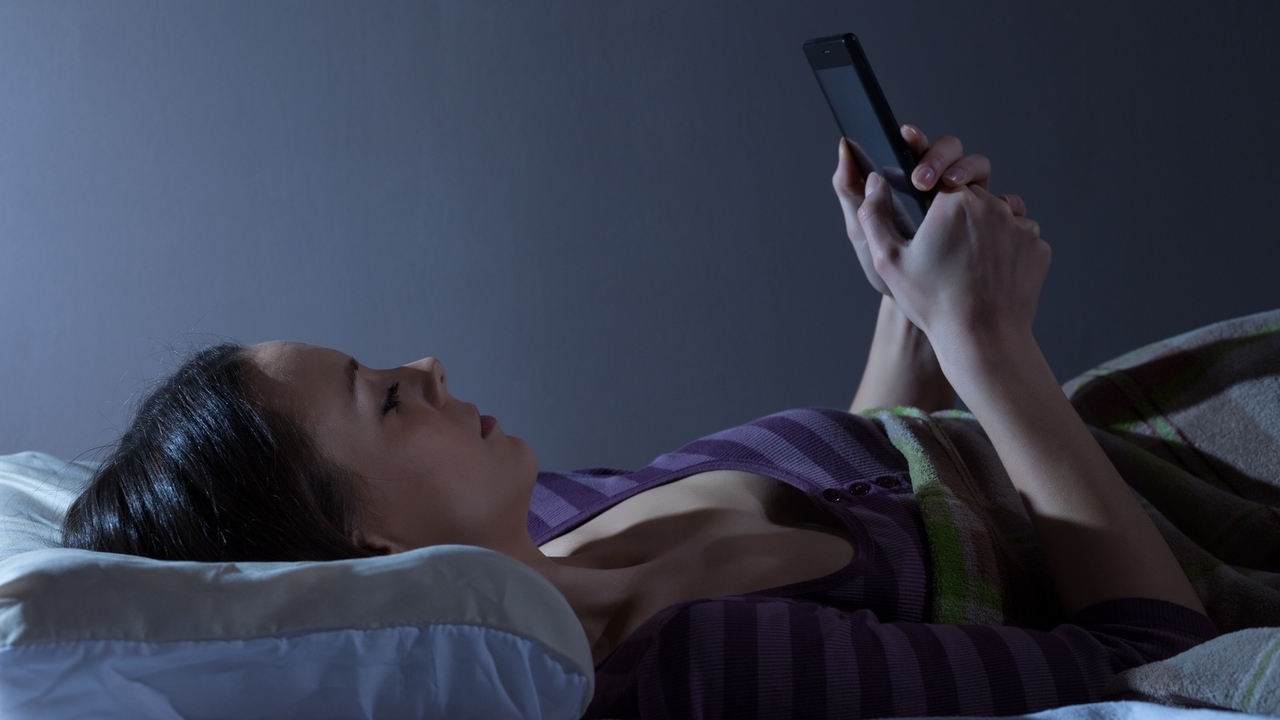 Photo: Getty Images
Photo: Getty Images
More than half of Americans between the ages of 13-64 reported sleeping disturbances at least one night every week, in a 2011 Sleep in America poll taken by The National Sleep Foundation. Sleep disturbances are technically called insomnia.
Insomnia is defined as a disorder that makes it hard to fall asleep or stay asleep or both. Examples of some symptoms of impaired sleep are irritability, tiredness, inability to tolerate stress, frequent infections, behavioral learning or social problems, increased blood pressure, inability to lose weight or alterations of appetite, decreased productivity, breathing disorders, etc.
Looking at these symptoms it is easy to see why people can become desperate to get a good night’s sleep, especially if their sleeping difficulties are happening more than once a week.
One of the ways many of my patients combat their difficulty falling asleep is by drinking alcohol in the evening to “help them relax” and be able to fall asleep. However a study released in the May 2011 issue of Alcoholism: Clinical and Experimental Research suggests that alcohol may actually cause more wakefulness and less restful sleep instead of better sleep.
In the study women’s sleep seemed to be more affected by alcohol than men. It was found in the women that were studied that they had decreased overall sleep duration. Another finding was that women had increased the amount of incidences of waking during the night.
Finally the study found that women had deeper sleep during the first half of the night and had disruptive sleep the second half of the night. What do the results mean? It means that alcohol is not increasing the restful sleep that women need.
I have observed in my patients that have a drink or two every night to relax or to help them sleep, that they are also having drinks as a stress reliever. I have a point of concern that I share with my patients that use alcohol for stress reliever because over-use of alcohol can become a medical issue.
I often try to share other types of stress management techniques to help my patients relax after a hard day and prepare for a more restful sleep. Breathing techniques, meditation, taking baths, mind-body skills are examples of successful relaxation techniques that have improved relaxation and sleep duration.
What I hope you get from this article is that alcohol does not improve sleep. It continues to create sleep difficulties, so consider other methods to solve the problem.
Live Vibrantly and Sleep well,
Dr. Dae
Dr. Dae's website: www.healthydaes.com
Dr. Dae's book: Daelicious! Recipes for Vibrant Living can be purchased @ www.healthydaes.com
Sources:
"Alcohol at Bedtime May Not Help Your Sleep." WebMD - Better information. Better health.. N.p., n.d. Web. 1 Nov. 2011. http://www.webmd.com/sleep-disorders/news/20110215/alcohol-at-bedtime-may-not-help-your-sleep.
"Annual Sleep in America Poll Exploring Connections with Communications Technology Use and Sleep | National Sleep Foundation - Information on Sleep Health and Safety." National Sleep Foundation - Information on Sleep Health and Safety | Information on Sleep Health and Safety. N.p., n.d. Web. 27 Oct. 2011. http://www.sleepfoundation.org/article/press-release/annual-sleep-america-poll-exploring-connections-communications-technology-use-.
"Insomnia - MayoClinic.com." Mayo Clinic. N.p., n.d. Web. 27 Oct. 2011. http://www.mayoclinic.com/health/insomnia/DS00187.
Dr. Dae's Bio:
“Dr. Dae" (pronounced Dr. Day) Daemon Jones is a Naturopathic Physician who treats the whole person using safe and effective combinations of traditional and natural methods to produce optimal health and well-being in the lives of her patients.
Reviewed on November 1, 2011
by Maryann Gromisch RN
Edited by Jody Smith





Add a CommentComments
There are no comments yet. Be the first one and get the conversation started!